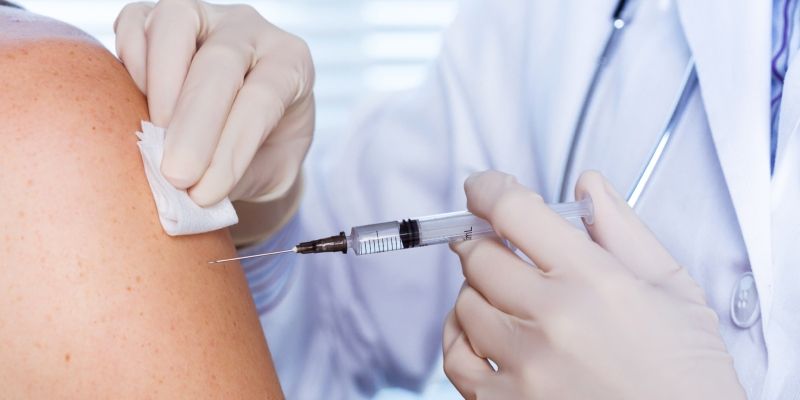
A device which could help reduce new vaccine production time to less than 100 days has been granted development funding.
MANGO (manufacturing on the go) automates the manufacture of virus-like particles used in vaccine development. The UK’s Centre for Process Innovation (CPI), a tech non-profit company that helps businesses and researchers develop new products, has been awarded £2.16m to test the device in a proof-of-concept study.
The study will be co-led by Nicola Stonehouse, Professor in Molecular Virology in the University of Leeds’ School of Molecular and Cellular Biology, with partners at Imperial College London, the University of Toronto, Liberum Biotech, the University of Waterloo and Oswaldo Cruz Foundation (FioCruz).
Using new technology in vaccine production could help us to create vaccines significantly faster, cut costs and improve access to immunisation globally.
Professor Stonehouse said: “Using new technology in vaccine production could help us to create vaccines significantly faster, cut costs and improve access to immunisation globally. We have developed virus-like particles as potential vaccine candidates and we are excited to collaborate with partners to develop this technology further.”
Virus-like particles, or VLPs, are proteins that look similar to viruses but do not contain any viral genetic material. They prompt the immune system to respond as if they were a live virus. VLPs are already safely used in some vaccines, but the process of producing VLP-based vaccines can be time-consuming as they typically need to grow in living cells.
MANGO will employ a technique called cell-free expression, which doesn’t rely on living cells, to produce the VLPs. The current process takes up to nine days, but MANGO could reduce this to a single day.
The user will simply load the MANGO device with the required vaccine input materials and provide it with instructions to make a specific vaccine. From that point on, the entire process would be automated to create the final product: a VLP-based vaccine.
Pandemic response
MANGO was designed at the University of Toronto, and the grant was awarded by the Coalition for Epidemic Preparedness Innovations (CEPI), a foundation which finances independent research projects to develop vaccines against emerging infectious diseases.
The CEPI-CPI partnership supports the 100 Days Mission—a goal embraced by leaders of the G7 and G20 to reduce vaccine development timelines to a little over three months in response to a pandemic threat.
Dr Raafat Fahim, CEPI Acting Executive Director of Manufacturing and Supply Chain, said: “Virus-like particle-based vaccines are well established already, but—until now—the development process has been protracted. The potentially dramatic time-savings that the MANGO device offers could see VLP-based vaccines transition onto a rapid response platform, directly supporting CEPI’s goal to respond to a Disease X threat with a new vaccine in as little as 100 days after its discovery.”
Dr Philip Probert, CPI Technology Lead, said: “The development and manufacture of virus-like particle vaccines represents a valuable opportunity for innovation in order to accelerate timelines and reduce process complexity. Working with our international partners, we will apply a novel combination of cell-free expression technology and bespoke hardware, to drive a step change in the time required to supply VLP vaccines. We are delighted to be working with CEPI in support of their 100 Days Mission and facilitating equitable access to life-saving vaccines.”
Equitable vaccine access
If successful, in a rapid response scenario, the MANGO device could help reduce the need for traditional facilities and equipment, skilled workforce requirements, cold chain storage, and the supply of raw materials associated with current VLP manufacturing. All of this would potentially reduce the cost of goods and further enable regional manufacturing in Global South countries, which will help to improve equitable access to vaccines during future outbreaks.
Enabling global equitable access to vaccines is central to CEPI’s work and at the heart of the 100 Days Mission. Innovations that accelerate the speed and scaling up of vaccine manufacturing will make a vital contribution to access when facing a future novel infectious disease by reducing the period during which vaccines against new pathogens are in short supply, thereby significantly increasing the prospects for more equitable distribution.
CEPI and CPI are committed to enabling equitable access to the outputs of this CEPI-supported programme, in line with CEPI’s Equitable Access Policy. This ultimately includes commitment to vaccines being available first to populations at risk when and where they are needed at an affordable price should a related vaccine be developed further using CEPI funding. Project results, including data generated as part of this project, will be published open access for the benefit of the global scientific community.